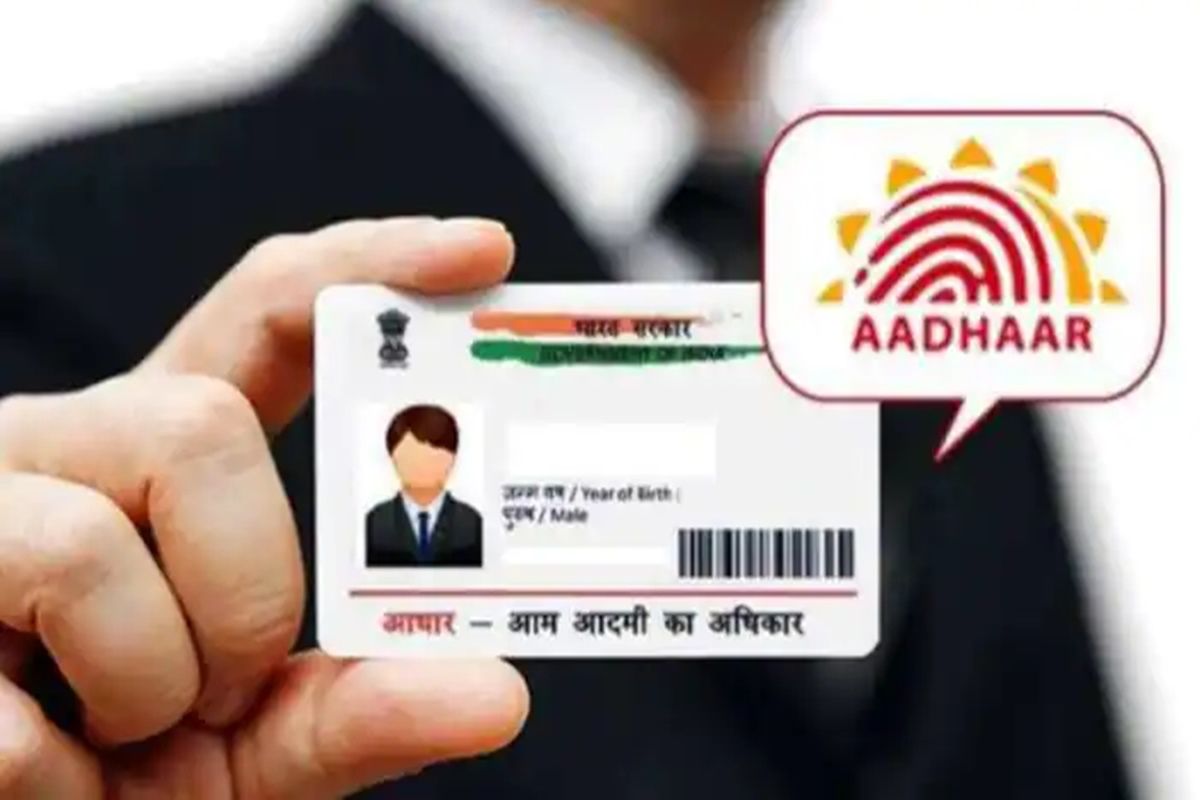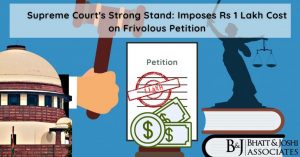A Constitutional Challenge to the Validity of Aadhaar Scheme under Aadhaar Act, 2016
Introduction
In this article, we delve into the intricate legal landscape surrounding the Aadhaar Scheme, exploring the arguments presented by petitioners challenging its validity and the counterarguments put forth by the government. These debates touch upon the very essence of citizenship, autonomy, and the balance between state interests and individual freedoms within the world’s largest democracy.

Controversy
The Aadhaar scheme was launched by the Government of India in 2009 to provide a unique identification number to every resident of India based on their biometric and demographic data. The scheme was implemented by the Unique Identification Authority of India (UIDAI), a statutory body created by the Aadhaar (Targeted Delivery of Financial and Other Subsidies, Benefits and Services) Act, 2016 (the Aadhaar Act). The Aadhaar number was made mandatory for availing various subsidies, benefits and services provided by the government and other entities. Several petitions were filed challenging the constitutional validity of the Aadhaar scheme and the Aadhaar Act on various grounds, such as violation of the right to privacy, dignity, equality, freedom of expression and other fundamental rights guaranteed by the Constitution of India.
Legal Issues Involved
- Whether the Aadhaar scheme and the Aadhaar Act infringe upon the right to privacy of individuals under Article 21 of the Constitution?
- Whether the Aadhaar scheme and the Aadhaar Act violate the principles of dignity, autonomy and informational self-determination of individuals under Article 21 of the Constitution?
- Whether the Aadhaar scheme and the Aadhaar Act are arbitrary, unreasonable and discriminatory under Article 14 of the Constitution?
- Whether the Aadhaar scheme and the Aadhaar Act impose an unconstitutional condition on individuals to part with their biometric and demographic data in order to access their entitlements and benefits under various welfare schemes?
- Whether the Aadhaar scheme and the Aadhaar Act are violative of other fundamental rights such as freedom of expression, freedom of conscience, freedom of profession and freedom of movement under Articles 19, 25, 26 and 29 of the Constitution?
- Whether the Aadhaar Act is a valid piece of legislation passed by Parliament as a Money Bill under Article 110 of the Constitution?
Prayer of the Applicant
The petitioners prayed for striking down the Aadhaar scheme and the Aadhaar Act as unconstitutional and violative of fundamental rights. They also sought a declaration that no person can be compelled to enroll for Aadhaar or to link it with any other service or benefit. They further sought a direction to the respondents to delete all the biometric and demographic data collected under the Aadhaar scheme.
Arguments by Applicant
The petitioners argued that the Aadhaar scheme and the Aadhaar Act are unconstitutional and violative of fundamental rights. They contended that the scheme and the Act are not backed by any law or statute and are based on executive orders and notifications. Petitioner further argued that the scheme and the Act are arbitrary, unreasonable and discriminatory as they impose an unconstitutional condition on individuals to part with their biometric and demographic data in order to access their entitlements and benefits under various welfare schemes. It is also submitted that the scheme and the Act violate the right to privacy, dignity, autonomy and informational self-determination of individuals under Article 21 of the Constitution.
Submission by Opposition
The respondents argued that the Aadhaar scheme and the Aadhaar Act are valid and constitutional as they serve a legitimate state interest in ensuring efficient delivery of subsidies, benefits and services to the targeted beneficiaries. They submitted that the scheme and the Act are backed by a law passed by Parliament and have adequate safeguards to protect the privacy and security of biometric and demographic data collected under the scheme. They further contended that the scheme and the Act do not violate any fundamental rights guaranteed by the Constitution.
Important Observations of the Court
- The right to privacy is a fundamental right under Article 21 of the Constitution which includes informational privacy.
- The Aadhaar scheme is not backed by any law or statute but is based on executive orders and notifications.
- The Aadhaar Act was passed as a Money Bill under Article 110 of the Constitution which requires it to deal only with matters related to taxation, borrowing or expenditure of public money.
- The Aadhaar scheme and the Aadhaar Act are not unconstitutional per se but their validity depends on whether they meet certain constitutional standards such as proportionality, rationality, necessity, etc.
- The collection of biometric and demographic data under the Aadhaar scheme is not per se violative of privacy but its use must be subject to adequate safeguards against misuse or abuse.
- The mandatory linking of Aadhaar with various services or benefits is not per se unconstitutional but its validity depends on whether it meets certain constitutional standards such as voluntariness, informed consent, etc.
- The Aadhaar scheme cannot be used for any purpose other than those specified in Section 7 of the Aadhaar Act which relate to subsidies, benefits or services provided by government or other entities.
- The Aadhaar scheme cannot be used for surveillance purposes or for profiling individuals based on their biometric or demographic data.
- The Aadhaar scheme cannot be made mandatory for availing various services or benefits except where it is required by law or where it serves a legitimate state interest.
- The Aadhaar scheme must provide for an effective grievance redressal mechanism for addressing complaints regarding authentication failures, denial of services, etc.
Important Provisions of Law
| Article 21 | Right to life and personal liberty | Whether Aadhaar infringes upon this right |
| Article 14 | Equality before law and equal protection of laws | Whether Aadhaar is arbitrary, unreasonable and discriminatory |
| Article 19(1)(a) | Freedom of speech and expression | Whether Aadhaar violates this right |
| Article 25 | Freedom of conscience and free profession, practice and propagation of religion | Whether Aadhaar violates this right |
| Article 26 | Freedom to manage religious affairs | Whether Aadhaar violates this right |
| Article 29 | Protection of interests of minorities | Whether Aadhaar violates this right |
| Article 110(1) | Definition of Money Bills | Whether the Aadhaar Act is a valid Money Bill |
Conclusion
The Supreme Court upheld the validity of the Aadhaar scheme and the Aadhaar Act subject to certain conditions such as adequate safeguards against misuse or abuse of biometric and demographic data collected under the scheme, voluntary linking of Aadhaar with various services or benefits subject to informed consent, etc. It struck down certain provisions of the Aadhaar Act such as Section 57 which allowed private entities to use Aadhaar for authentication purposes. It also held that Aadhaar cannot be made mandatory for availing various services or benefits except where it is required by law or where it serves a legitimate state interest.









